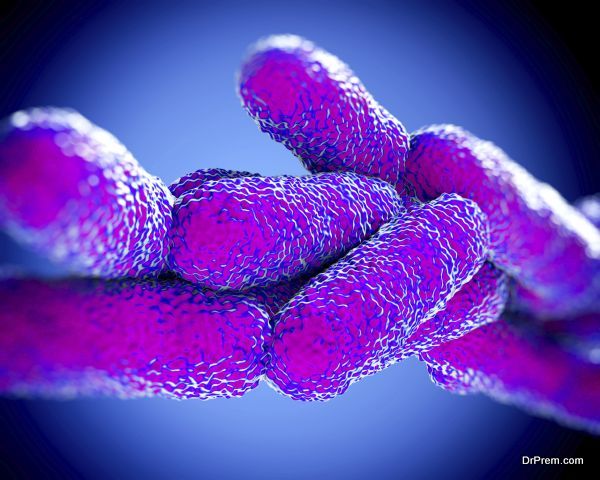“Bacteria” – word we usually associate with illness and as an enemy we start all-out wars for. Well, we have forgotten that not every bacterium is our enemy, as some of them are of extreme help for us on an individual basis and for the environment. Here in this article, you are going to learn about such beneficial-bacteria and some incidents to explain how are they help sustaining the environment.
Geobacter Consume Radioactive Contamination
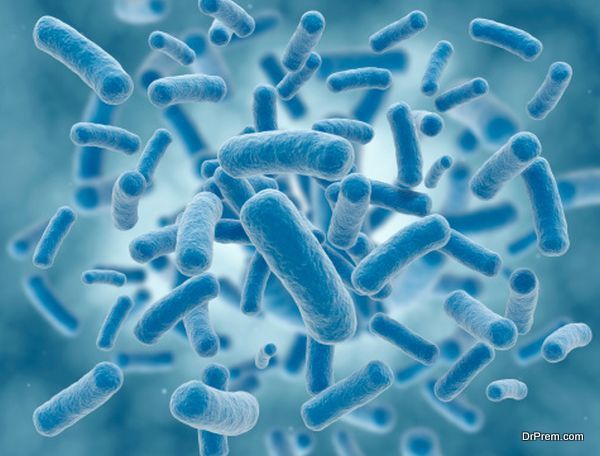
Certain bacteria grow nanowires that help immobilize harmful materials like Uranium. Geobacer bacteria is found naturally in soil and a research conducted at the Michigan University learnt that this bacteria makes electroplates uranium present in soil insoluble, thus, preventing it from mixing with groundwater and leaving it unfit for human and animal consumption.
Bacteria that eats up disastrous oil spills
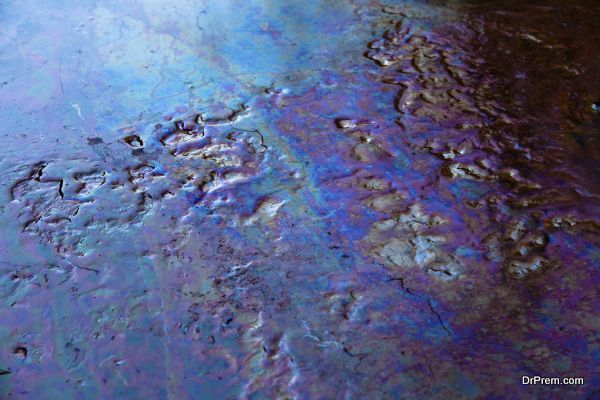
Troublesome environmental pollutants like petroleum oil spills can be made up for with the help of certain bacteria. Few bacteria, especially the Alcanivorax are of immense help to mitigate the environmental impacts of disastrous happenings like the oil spills that keep taking place.
These bacteria quickly multiply in number during oil spill, as it is like a good food for them. They multiply in number and eat up much of the oil that otherwise could have continued to spoil the surroundings and marine life. The more they multiply, the more they will remove oil, and the better it is for the environment.
Plastic eating bacteria
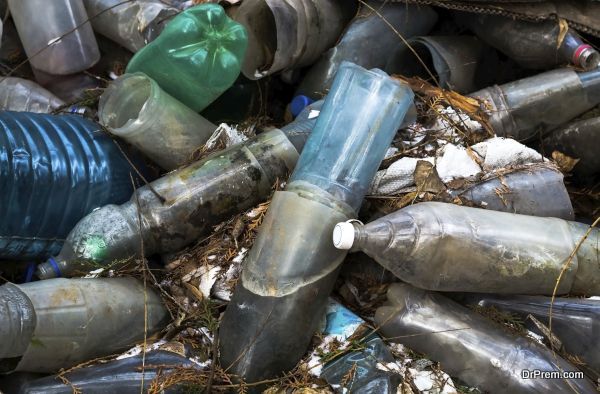
These bacteria work wonders to clear off filthy landfill sites full of plastic bags. Plastic as you all know is non-biodegradable, which makes them create such pathetic sites everywhere. Fortunately, a study conducted by a Canadian student revealed that there exists a bacteria type that eats plastic, and since then so many researches and test have been carried on them that all have given positive results. The bacteria are already breaking down plastic debris in oceans but scientists are a little worried about the waste these bacteria produce, as it might be dangerous for the marine life.
Nylon eating bacteria
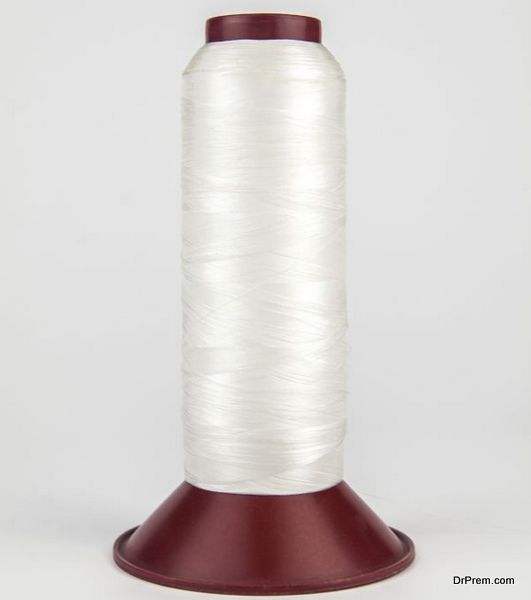
Nylon we get to see in so many daily-use products, and to make up for its requirement the factories manufacture nylon and release it as waste in waters, which is dangerous. However, one thing that reduces the harmful effects is the Flavobacterium that digests harmful toxic nylon byproducts.
They help transform newspaper into car fuel
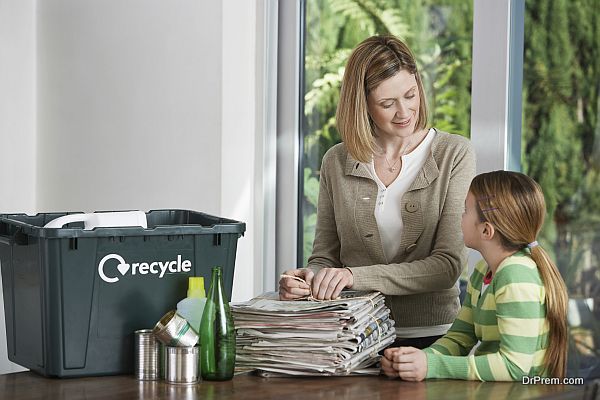
They eat newspaper and produce the bio fuel butanol, we are talking about the T-103 microbes. This search is a breakthrough for the fuel production industry. If this conversion system gets popular then fuel production process would become less expensive and easy as well. To go by the findings of scientists and researchers, butanol produces far more energy than ethanol and can be carried through existing pipelines, which means no additional investment required to put this project into practice.
Bacteria from Panda poop makes biofuel
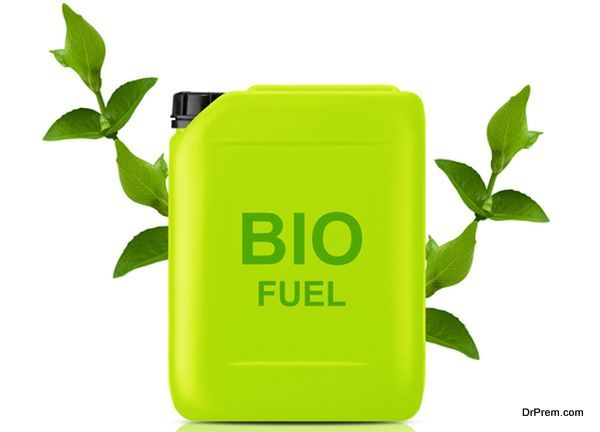
Biofuel production faces a major hurdle, i.e. to optimize the breakdown of super-tough plant material known as lignocelluloses. However, panda poop has managed to solve this big problem, as it contains bacteria that easily breakdown the rigid plant material. This discovery has come as a big surprise that is going to enhance development of plant-based biofuels.
Changing human waste into rocket fuel
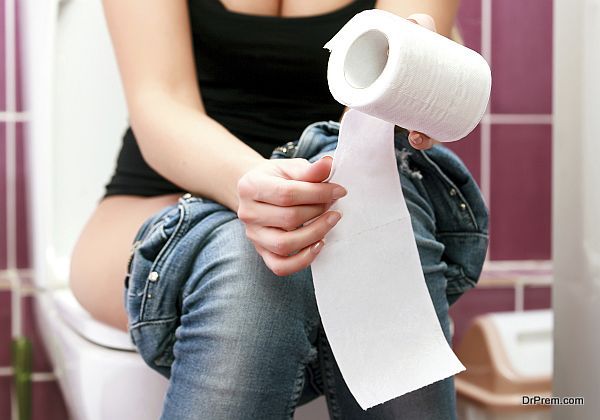
It seems the poop thing is so in! After panda poop now its human poop that might help producing fuel. This possibility has surfaced owing to the presence of the bacteria Brocadia Anammoxidans. These bacteria can help transform human waste into hydrazine or the rocket fuel.
Not all bacteria are bad, as some are of extreme help to sustain the environment. They help destroy harmful elements and save environment from their ill effects.


